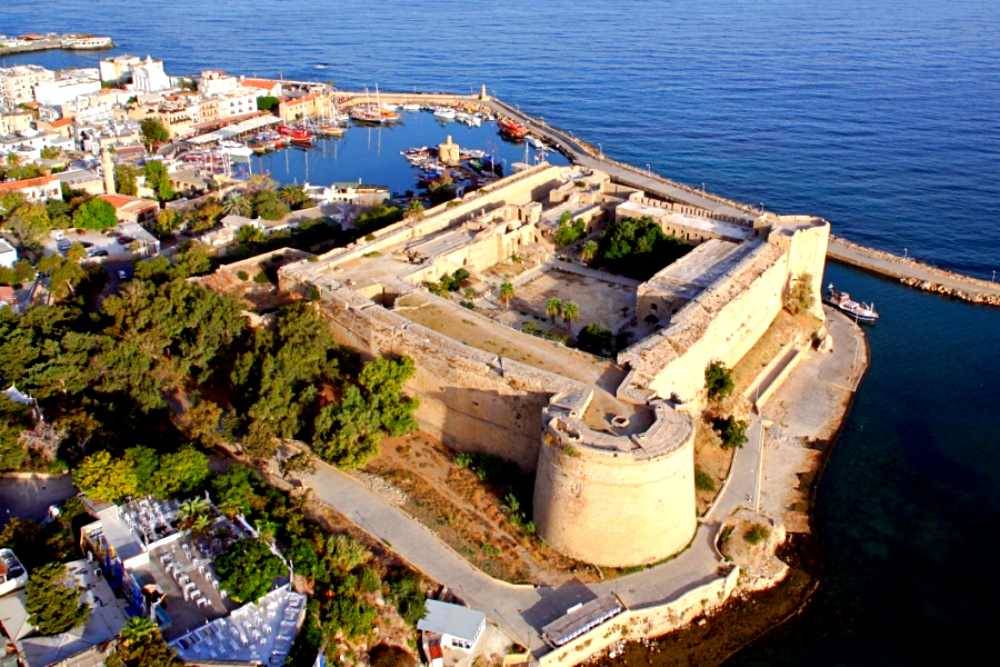 In recent years, the tourism sector has become a rapidly developing and constantly evolving industry. Unfortunately, traditional tourism is often accompanied by negative environmental and social impacts, which has led to the emergence of more sustainable and locally focused alternatives.
In recent years, the tourism sector has become a rapidly developing and constantly evolving industry. Unfortunately, traditional tourism is often accompanied by negative environmental and social impacts, which has led to the emergence of more sustainable and locally focused alternatives.
In this context, concepts such as "Slow Tourism" and "Cittaslow" stand out as new models that prioritize the well-being of both tourists and local communities. Northern Cyprus, with its natural beauty, rich history, cultural heritage, and tranquil lifestyle, is an ideal destination for implementing these approaches. Moreover, with the right conditions, existing tourism models can be further developed and supported.
Slow Tourism: Depth Over Speed
Unlike mass tourism, slow tourism focuses not on the speed of travel but on the depth and meaning of the experience. Its goal is to give travelers the opportunity to not only visit a place but to deeply understand its culture, traditions, people, and nature. This model emphasizes meaningful time spent at destinations, supports local economies, and promotes environmental and cultural sustainability.
The core principles of slow tourism include:
- learning about local culture, traditional cuisine, and crafts;
- using sustainable transportation methods (hiking trails, cycling routes, public transport);
- respecting natural surroundings and minimizing environmental impact;
- embracing a calm and enriching vacation experience.
The Role of the Cittaslow Movement
The Cittaslow initiative, which originated in Italy in 1999, has brought together over 300 cities from 30 countries. As an official member of this organization, Northern Cyprus holds significant potential for promoting the "Slow Cities" concept. Cities like Lefke, Tatlısu, Geçitkale, Yeniboğaziçi, and Mehmetçik actively implement Cittaslow principles, hosting events that reflect their unique "slow" way of life.
Tourism for a Sustainable Future
If the concept of slow tourism and the Cittaslow initiative receives proper attention from all stakeholders, these approaches could become key to positioning Northern Cyprus as a unique tourism destination. Large hotels and organizations play a vital role in this, as they already actively participate in social and environmental projects such as tree planting, protecting stray animals and sea turtles, and supporting individuals with special needs.
Conclusion
With its unique natural and cultural resources, Northern Cyprus has every opportunity to become a model of sustainable tourism, blending traditional and alternative approaches. Slow tourism and Cittaslow not only positively impact the local economy and environment but also enhance the quality of life for local residents. By adhering to these principles, Northern Cyprus can become an exemplary destination for other regions striving for harmonious tourism development.

 In recent years, the tourism sector has become a rapidly developing and constantly evolving industry. Unfortunately, traditional tourism is often accompanied by negative environmental and social impacts, which has led to the emergence of more sustainable and locally focused alternatives.
In recent years, the tourism sector has become a rapidly developing and constantly evolving industry. Unfortunately, traditional tourism is often accompanied by negative environmental and social impacts, which has led to the emergence of more sustainable and locally focused alternatives.
